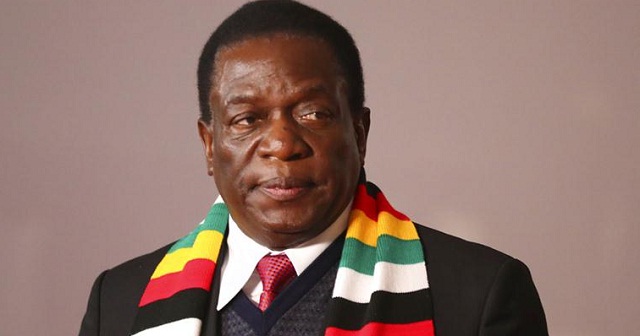
Mnangagwa, who has pledged to revive the moribund economy, blamed the shortfall on increased fuel usage “compounded by rampant illegal currency and fuel trading activities”.
The government claims fuel prices were lower than in other regional countries, saying some foreigners were taking advantage and buying fuel in bulk for resale elsewhere.
Mnangagwa said the new measures were aimed at curbing a burgeoning speculative parallel market in which fuel was being sold at five times the official price.
“It’s going to reduce demand for fuel because it’s now a bit expensive and that will deal with speculative demand if it was there,” said economist Godfrey Mugano.
Mnangagwa also warned the government would deal harshly with those “bent on taking advantage of the current fuel shortages to cause and sponsor unrest and instability in the country”.
Government doctors went on a 40-day strike in early December, demanding salaries in US dollars and improved working conditions, while teachers’ unions called a strike this week for better pay but their calls went largely unheeded.
Although Mnangagwa announced a package of measures “to cushion government workers”, he gave few details.
Despite the price hike, diplomats and tourists would be able to access cheaper fuel at certain pumping stations.
“The intention is to create a constant supply of fuel for diplomats and tourists to manage the country’s image,” said Mugano.
“Those designated fuel stations will be able to restock easily from the sales they make in US dollars.”
 The Independent Uganda: You get the Truth we Pay the Price
The Independent Uganda: You get the Truth we Pay the Price





